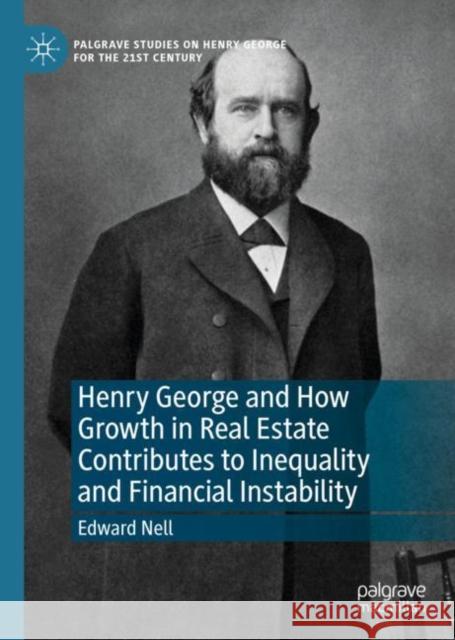Henry George and How Growth in Real Estate Contributes to Inequality and Financial Instability » książka
topmenu
Henry George and How Growth in Real Estate Contributes to Inequality and Financial Instability
ISBN-13: 9783030186623 / Angielski / Twarda / 2019 / 130 str.
Henry George and How Growth in Real Estate Contributes to Inequality and Financial Instability
ISBN-13: 9783030186623 / Angielski / Twarda / 2019 / 130 str.
cena 201,24
(netto: 191,66 VAT: 5%)
Najniższa cena z 30 dni: 192,74
(netto: 191,66 VAT: 5%)
Najniższa cena z 30 dni: 192,74
Termin realizacji zamówienia:
ok. 22 dni roboczych
Dostawa w 2026 r.
ok. 22 dni roboczych
Dostawa w 2026 r.
Darmowa dostawa!
Kategorie:
Kategorie BISAC:
Wydawca:
Palgrave Pivot
Seria wydawnicza:
Język:
Angielski
ISBN-13:
9783030186623
Rok wydania:
2019
Wydanie:
2019
Ilość stron:
130
Oprawa:
Twarda
Wolumenów:
01
Dodatkowe informacje:
Wydanie ilustrowane











